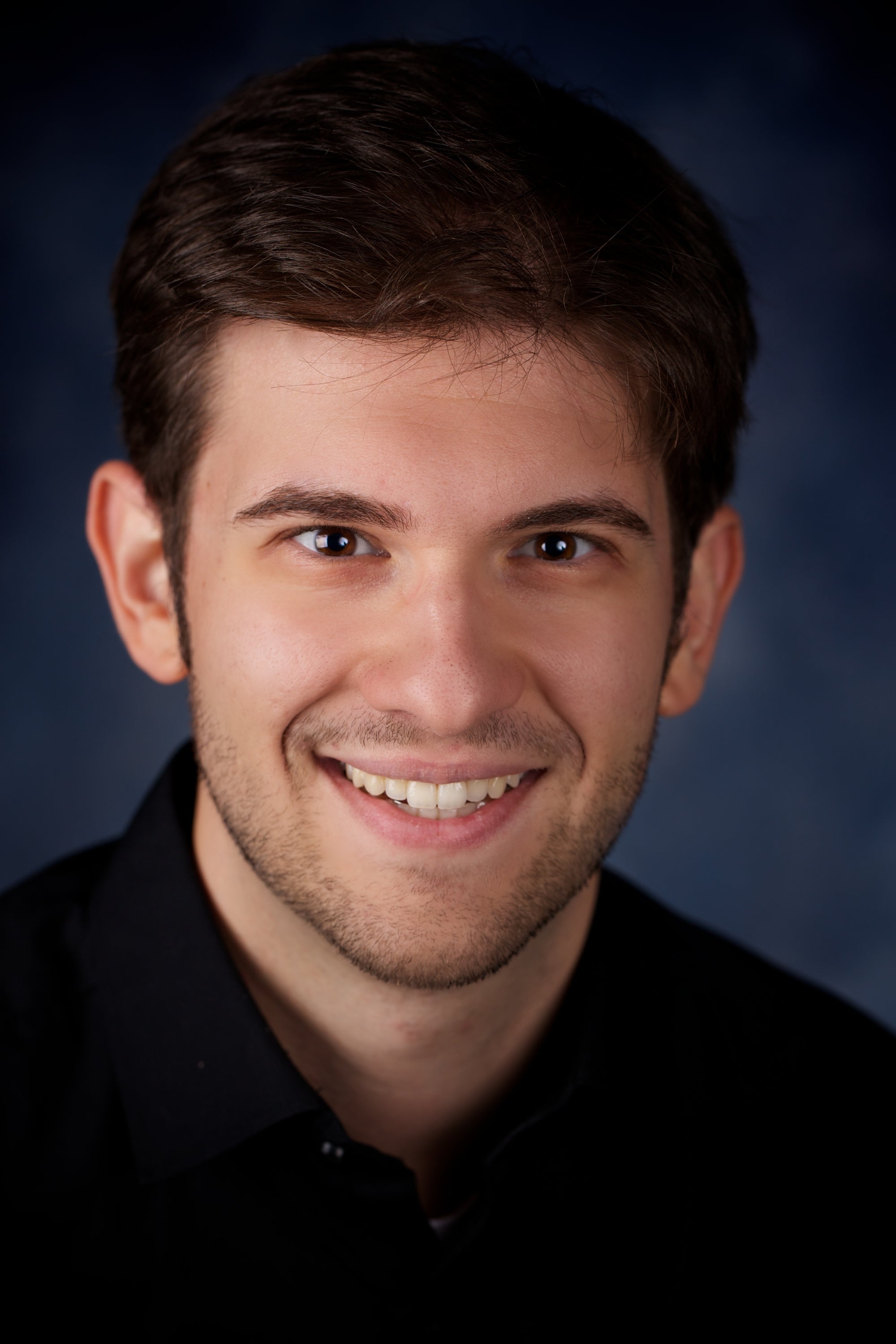
I always look forward to brilliant student moments on-stage. Sometimes, my students have absolutely no idea why their work is being commended… but I recognize them anyway. I’m thrilled when these young student-actors take informed character risks and articulate some rationale for their choices! And I’m simply delighted, even flattered, when they decide (often spontaneously or on a Friday) to impersonate me. The many impressions of my idiosyncratic nature center around one trait agreed upon by my students: passion. Thanks to my Italian heritage, perhaps, I’m passionate about everything. But because of my professors and experiences at UWaterloo, I’m especially passionate about Drama and Religion, my two ‘teachable’ subjects.
A graduate of St. Jerome’s University at the University of Waterloo, I now work as a high school teacher in the Durham Region. I am very proud of my training, both theoretical and practical, at Waterloo. I was challenged always in my studies to make theatre and faith relevant again; to consider new and unorthodox ways to passionately reignite that which is often perceived as ‘old’ or quickly dismissed as ‘orthodox.’ Thanks to Professor Andy Houston, my Waterloo Drama education included site-specific and environmental process work and performances. And so, last semester, I started my grade nine introductory drama class on a rich performance task. The first sentence of their handouts read: Congrats! You’ve been appointed to the role of Dramaturge-Performer. Your task: to research, design, and create a school-wide, site-specific performance which responds to the problem of bullying in our school. Remarkably, all of my students reported to class the next day.
Using results from an anonymous School Climate Survey, students worked in groups to analyze data surrounding self-image, gender tension, aggression, and cyber-bullying specific to our school community. The “dramaturgical” digging had begun! These mini-groups interviewed peers and formed conclusions; some subtle, others profoundly upsetting. The students started to believe in their work, and were passionate about the dramaturgical and design processes.
I was fortunate to work with this young group of actors to stage a series of site-specific performances around the school, in areas identified as hotbeds for bullying. These movement and gesture works were timed to music over the PA system; so, yes, our school of 1400 was interrupted, without warning, to blistering rock thumping in each classroom. Confused teachers peaked into hallways, while curious students (perhaps excited by a welcomed change in momentum from graphing linear equations) rushed out to investigate. Proudly watching from our state-of-the-art school surveillance system, I evaluated these site-specific performances, almost Guerrilla in nature. Some teachers wanted more! Students started to ask questions! At lunch, they were talking about the performance and about the issues in our school. Follow-up activities ran in homerooms for the remainder of Stand Up to Bullying Week.
The problem of bullying wasn’t solved, but this group of excited drama students made a dent. They started a massive school-wide discussion without speaking a single word, rather by responding in specific areas using physical dialogue. I am proud to share this story, and have Dr. Houston to thank for the inspiration. And after a quick show of hands, most of these grade nine students plan to apply to UWaterloo. What can I say? They’re smart kids, who just “really want to meet Andy!”